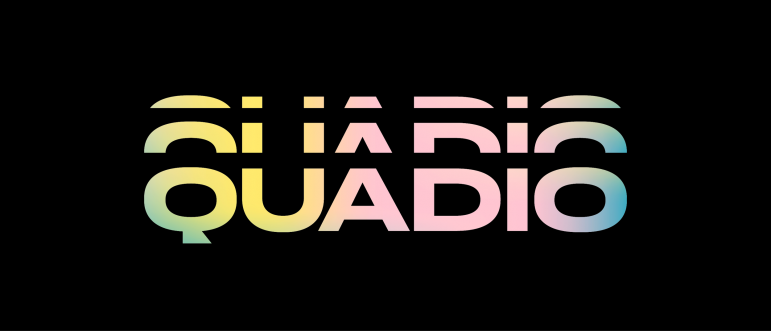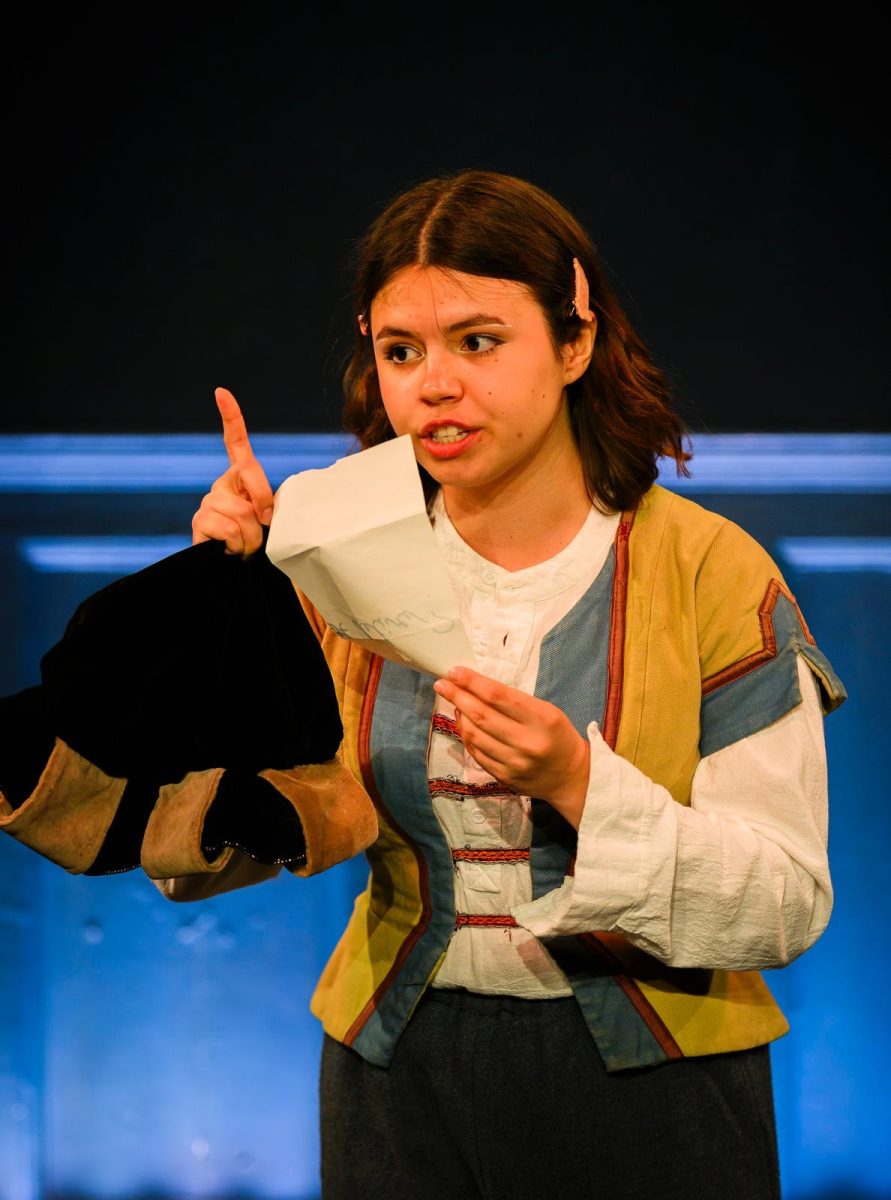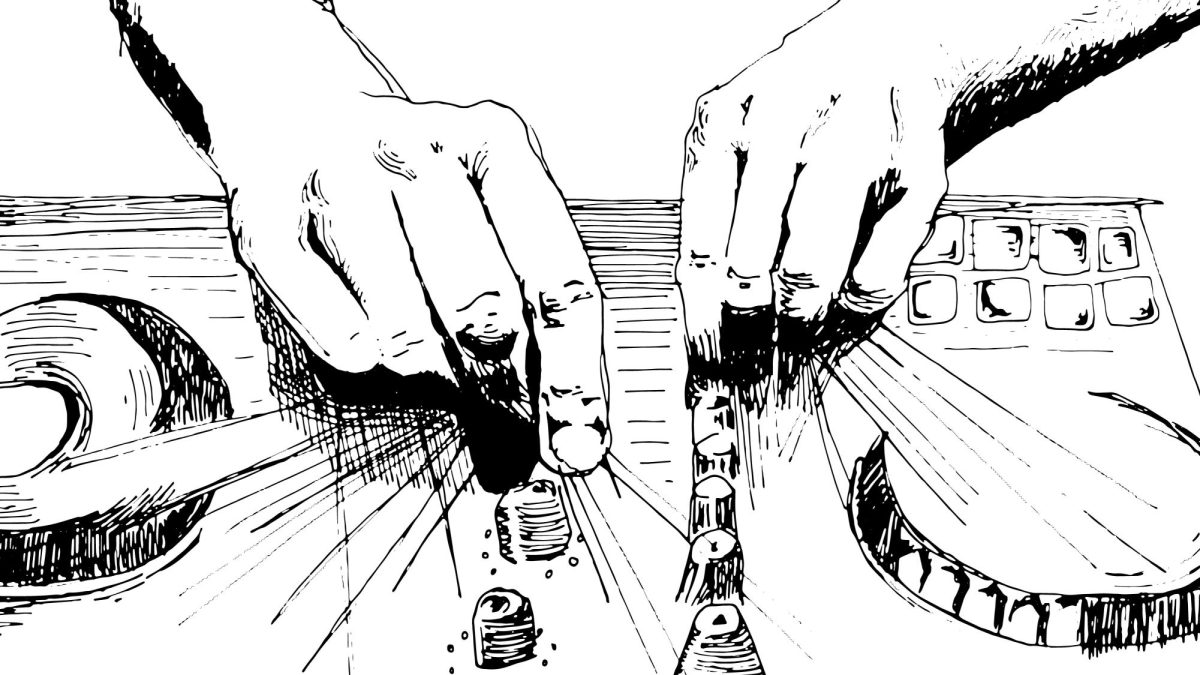
“Make music, make friends” is the motto at Quadio (pronounced Quah-dee-oh), a new social platform for musicians created by Joe Welch ’18.
Music sharing platforms have long been an arena for finding up-and-coming artists and fostering collaboration between musicians. But with today’s sheer excess of material, it can be hard for artists to garner attention or identify potential collaborators.
Joe Welch ’18 saw the opportunity to tap into the campus-centric music scenes of colleges around the U.S. beginning his senior year at the College. He went on to found Quadio, a music sharing and collaboration platform anchored in college campuses, with his cousin Marcus Welch and high school friend Myles Spencer. George Taylor ’22, who was one of the 20 college summer interns at Quadio in New York this summer, said that with Quadio, “there will be no reason their [student musicians] efforts and endeavors should go unnoticed.”
Welch, now the chief content officer for Quadio, talked with me about his response to the oversaturation of music platforms, the ways Quadio plans to reconcile with that, the platform’s initial stages of development and the approaching launch on campuses nationwide.
Phillip Pyle: Could you explain the impetus behind Quadio and the basic history and timeline of it?
Joe Welch: I’m an EDM producer, and I’ve been producing for a while. I probably started junior year or senior year of high school with one of my best friends from high school who actually lived in the same town as me, so we’d collaborate all the time after school. So, I got to school, to Williams, and wanted to stick with it because I loved it. I was hyped to find other people to make music with, and I was like, “Oh, it’s college, there’s so much talent there.” But the weird thing is, I got to school, and it was much harder than I thought to find people to make music with. I remember friending random people from a capella groups and sending them messages.
It was unfortunately hard to find other people to make music with, especially on the EDM side, and finding vocalists. It wasn’t until senior year that I finally took that Winter Study songwriting class with Bernice Lewis, and it was awesome. It completely changed my state of mind – I met so many talented vocalists and instrumentalists and I was like, “I’ve been with you for four years. How did I not know about you?” Imagine the music we could’ve made freshman, sophomore, junior year. But now we only have a semester left. You should be able to get to campus Day One and just know about all the talent on your campus to maximize your creative potential all four years. That was a big thing that spawned one aspect of the platform, that kind of collaborative discovery platform. There’s truly so much talent on every campus, so one of the angles of this platform is to drive the visibility with that from Day One.
The other thing that actually sparked the initial idea was senior year. Me and my teammate had put this song out and showed some of our friends from SoundCloud, and then people started playing it at parties, and probably because we had the aux at Goff’s, but then it played at other houses. It got us asking, “Why is it getting this play count?” It’s maybe because people on campus might know us or we’re relevant to the community or something like that. It’s about this famil-iarity on campus. There’s so much power in a community to increase listenership on your music. So why not try to build an entire platform that revolves around community, familiarity and relevance — not only in making music, but in discovering music your peers are making.
PP: In addition to artists already producing music, is Quadio trying to target music listeners on top of collaboration?
JW: 100 percent. The platform is built on problems. My angle or problem I approach is the frustration of collaboration and the oversaturation in the industry — it’s hard to get your music heard. But on the other side, [President & CEO] Marcus [Welch] and [Chief Community Officer] Myles [Spencer] come from an angle on the listener side where they have frustrations finding music that’s relative to them. So how do you discover new music? Or new music that’s relevant to you? We really hope that this platform not only solves problems with artists but also the listener side as well by providing a feed and chart system that’s so much less saturated where you can find artists that are you right in your area – your peers and classmates.
PP: Are you planning on advertising it as being an alternative to using Bandcamp or SoundCloud, or something supplemental to those services?
JW: We really want it to be supplemental. We see it in some respects like a launch pad. We want to create a place where you can generate a super organic and authentic sense of community. We want to be that platform where you come and get this genuine fanbase that can follow you.
PP: I know George [Taylor ’22] has mentioned some of the algorithms and rating systems that will be campus-based and nationwide. Can you explain one of the features you’re most excited for?
JW: I’m the most excited about this “work in progress” functionality… My biggest problem was finding vocalists. I can produce but I can’t do anything else, so I’d just sit there with an instrumental and half a song with no vocalists, so it’s not a completed track. With this work in progress feed, I can upload one of my instrumentals to the specific work in progress feed and tag it with whatever I’m looking for, say a rapper or vocalist, and then a vocalist can just come on the Williams feed and filter to show every song that’s looking for a vocalist… So say I’m an a capella singer and have a great voice and have never had an opportunity to get out of my comfort zone and hop on a certain instrumental. They can go on a feed and view one of my instrumentals or something and try it out.
PP: Could you explain the timeline for the future, in terms of a loose plan for rolling out in certain cities and across the nation?
JW: We’re trying to hit as many schools as we can in this lead-up to the launch just to spread awareness and get people excited about it. In terms of actual timeline, we’re hoping to release a closed beta later this fall to a few specific schools and then iterate on the feedback we got there for a wider launch in early 2020 — late January or early February. So that’s hopefully when it can come to Williams. Or, honestly, during Winter Study I would absolutely crank out music, so it would be cool if we could potentially get it there for that.







